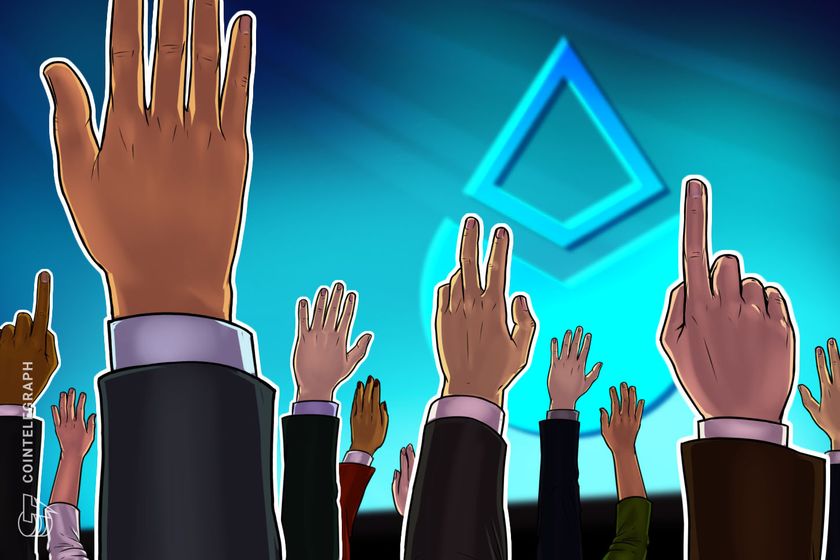
The Lido Decentralized Autonomous Organization (DAO), responsible for overseeing the Lido liquid staking protocol, recently found itself in a cybersecurity crisis. The DAO initiated an emergency vote to rotate a compromised oracle, which acts as a bridge between real-world data and blockchain systems. The incident involved the Chorus One oracle, where an unauthorized party accessed the oracle's address and drained the associated Ether (ETH) balance. The DAO members are actively investigating the breach.
Lido Finance clarified that the issue is isolated to the Chorus One oracle and does not affect the entire system. They assured users that the problem did not stem from a coding flaw within any specific blockchain oracle or software. Chorus One acknowledged that the exploit likely occurred due to a leak of the hot wallet's private key. To enhance security measures, the team is implementing a new security protocol.
This incident underscores the critical importance of robust cybersecurity practices in decentralized finance (DeFi) as digital financial systems become increasingly complex. With the migration of monetary, trade, and business operations onto blockchain networks, ensuring the security of these systems is paramount.
Cybersecurity threats continue to pose significant challenges for the crypto industry. Hacks, exploits, and scams remain prevalent, with sophisticated attack methods targeting digital assets. In the first quarter of 2025 alone, over $2 billion in crypto funds were lost due to malicious activities. The Hacken cybersecurity firm's report highlighted the impact of these incidents, with the Bybit hack in February 2025 accounting for a substantial portion of the losses.
In April 2025, crypto hacks resulted in $357 million in losses, indicating a concerning trend of increasing cybersecurity threats in the industry. Hacken CEO Dyma Budorin emphasized the urgent need for enhanced cybersecurity measures and code auditing practices to mitigate the risks of hacks and exploits in the crypto sector.
The severity of cybersecurity threats in crypto has prompted discussions among G7 countries about addressing hacking groups, particularly those linked to the Democratic People's Republic of North Korea (DPRK). The upcoming G7 Summit could serve as a platform to strategize on neutralizing these threats and safeguarding the integrity of digital assets.
As the crypto industry navigates these challenges, the incident with the Lido DAO serves as a reminder of the ongoing battle against cybersecurity vulnerabilities. Implementing stringent security protocols and proactive measures is crucial to fortifying the resilience of DeFi platforms and protecting users' assets in the evolving digital landscape.

Leave a Reply